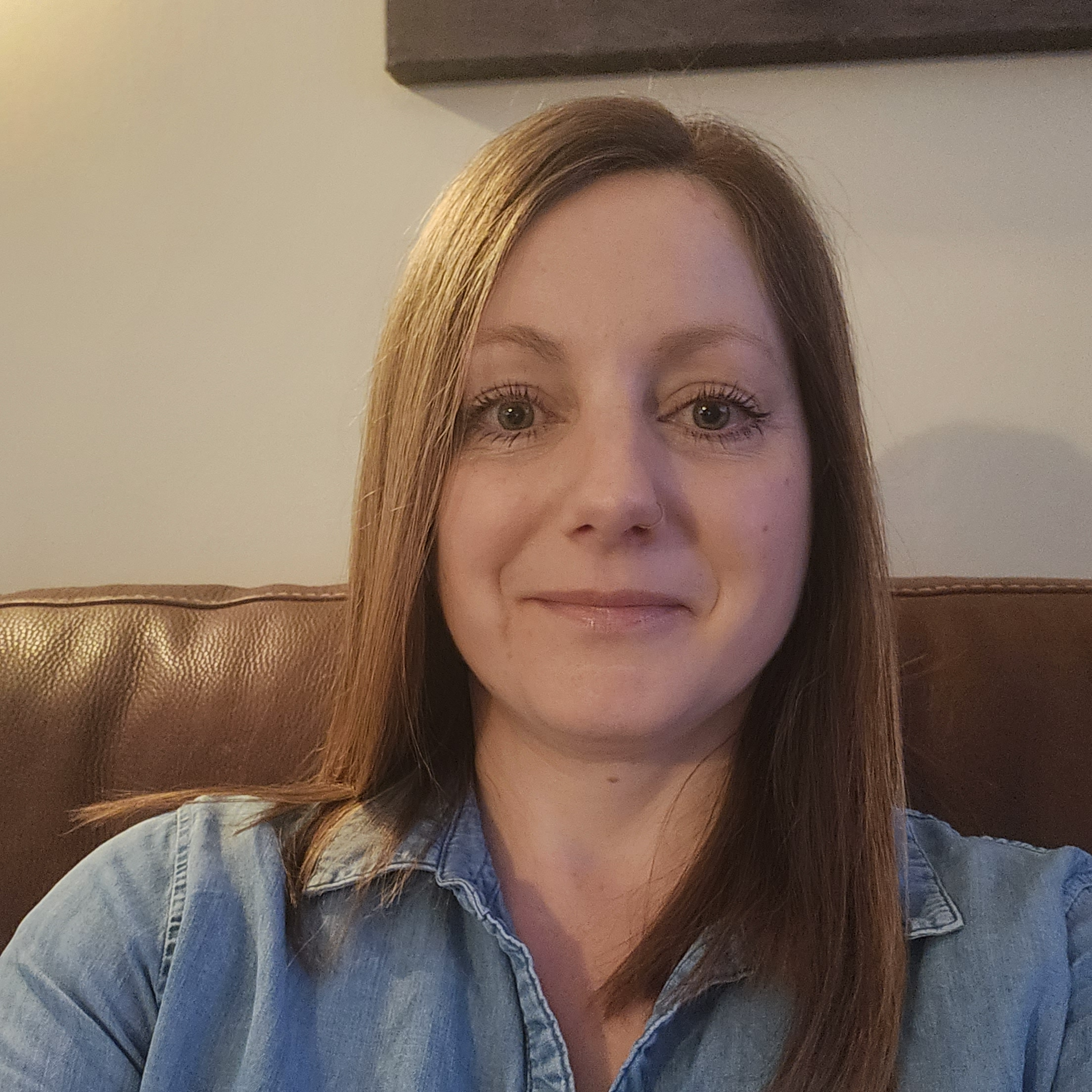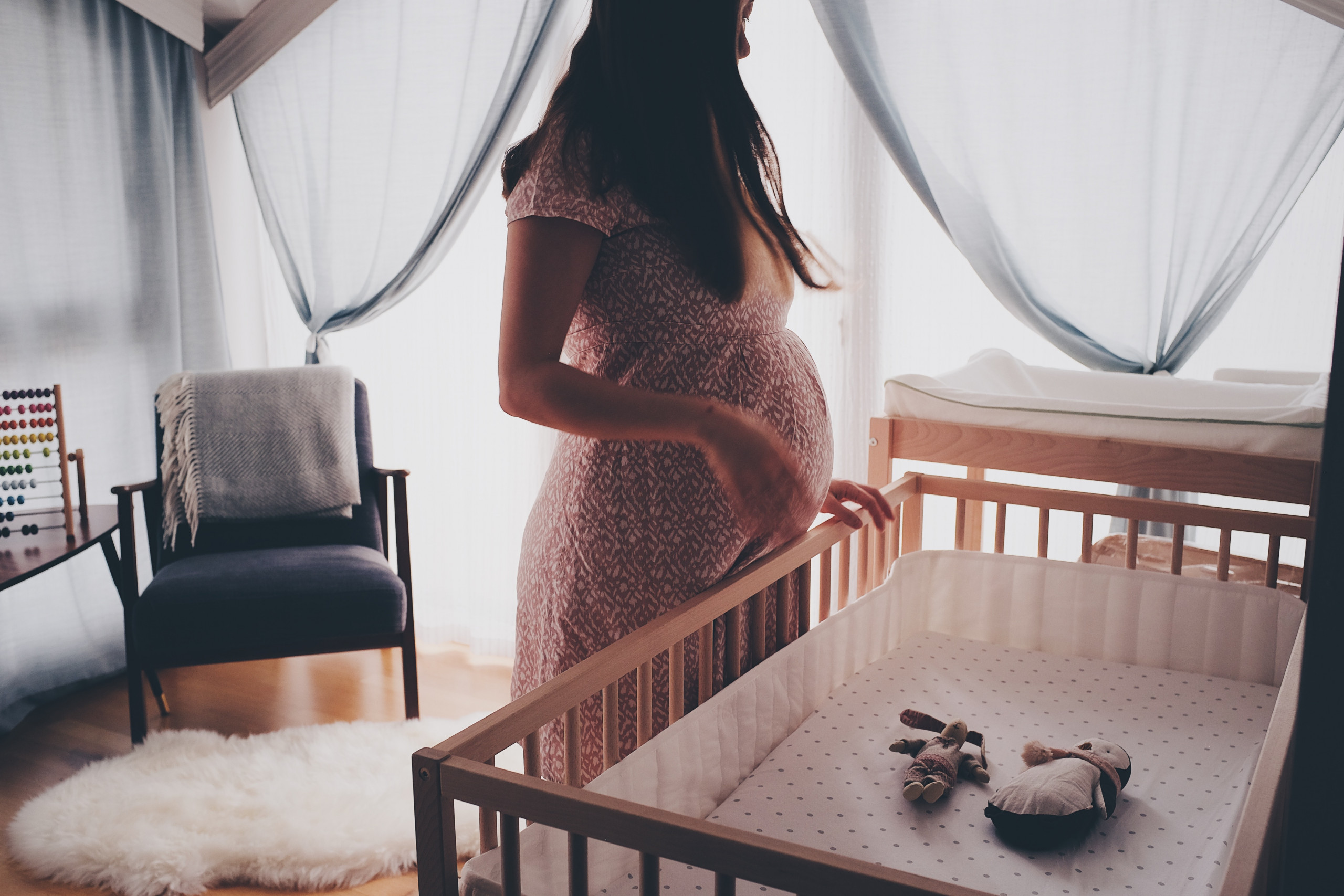Pregnant with an Eating Disorder: My Story
I never expected to become pregnant. I’d had my eating disorder for 23 years before receiving an official diagnosis of ‘Anorexia Nervosa.’ My last period was a year previous. Having a baby was something I’d longed for, but which I’d resigned myself to never happening.
Morning sickness forced me into eating more regularly. Without consistently eating I would experience terrible nausea. Being pregnant generally, and the fact I now had another life I was responsible for, made me also consider the quality of what I was eating, and so I was mindful of the nutritional value of *everything*. In some ways although my ED improved, it had also worsened my mental health as I became fixated on trying to eat *just enough* of the *right* foods to ensure my baby was healthy, whilst at the same time ensuring I gained as little weight as possible.
As I was already receiving support from the Adult Eating Disorder Service, I was very fortunate that when I became pregnant I was able to have regular appointments with a dietitian. This helped me to understand what I needed to keep my body healthy – for both me and the baby. However I felt enormous pressure (mostly from myself) to keep my baby healthy, and this was exacerbated when I had medical appointments and professionals would weigh me or comment on my eating.
I was weighed at my first appointment with my community midwife and then again throughout the pregnancy. This was not helpful. It only highlighted to me how my body was changing and I found myself constantly worrying about my weight and whether I would ever lose what I was gaining. At the three-month scan, the consultant commented that although I’d gained weight it was not enough. This made me feel like a failure as a mother before I’d even started.
Additionally, my mental health had not been good for over 20 years. When I first started experiencing problems I was a teenager and back then there was no CAMHS or support from school. I struggled on until my GP and the psychiatrist with the ED service finally stepped in. I received an official diagnosis of C-PTSD with anxiety and depression. Between them, they helped me understand what was happening to me, why, and how this could be addressed. When I became pregnant they advocated for me on many occasions, especially the ED psychiatrist.
Throughout the pregnancy I felt suicidal and, on one occasion, was almost successful in taking my own life; despite my existing mental health difficulties, I felt as though the baby was the biggest source of my problems. Without the support of my GP and the ED psychiatrist I would not have made it to the end of my pregnancy. Because I had been taking antidepressants and an anti-psychotic prior to the pregnancy, not forgetting my Anorexia diagnosis prior to pregnancy, I was placed under consultant care, and also referred to the perinatal psychiatrist.
The perinatal psychiatrist was really helpful. I had time to discuss my mental health and the factors in my life that were influencing it (at the time there were more negative than positive). He discussed medication options – what was safe to continue taking – and what he advised to discontinue taking. He also referred me to the BUMPS website (Best Use of Medicines in Pregnancy). Here I was able to read about the medicines I was taking, and the potential risks, as well as the benefits, before deciding for myself whether to continue with both the antidepressant and the anti-psychotic. The psychiatrist made it clear that, whilst he could advise, ultimately the decision was mine. This helped me feel like I was taking back some control after weeks of feeling like everything around me was falling apart and that I had no control over anything.
Following an extremely long labour (and emergency c-section) I had my daughter. I was still under the care of the Adult Eating Disorder Service and continued therapy with them. However I was fixated on “losing the baby weight” and a lot of my ED behaviours returned. Because I was breastfeeding I was told I needed to continue eating as though I was still pregnant due to the number of calories my body needed to produce breastmilk. So, I tried hard, again, to eat *just enough* so that I could breastfeed but still lose weight. I was successful. But I was not happy.
A number of external factors, most of which felt out of my control, were contributing to my worsening mental health. Add in a new baby that barely sleeps (either at night or during the day), plus being a single mum, and you have a recipe for disaster. Fortunately I had an extremely experienced and supportive Health Visitor. She referred me to Families First. They offered 1-1 as well as group support. I opted to join the groups, as I recognised that I needed to be around other mums. These groups offered free childcare for the duration of the group (2 hours) and a safe space to discuss everything from labour stories and dirty nappies, to sleeping and understanding our babies and their development. One group also offered a creative outlet to explore being a mum and finding our identity again outside of this new role.
Over time, I also received EMDR therapy, plus the Adult Eating Disorder Service referred me to the Community Mental Health Team (CMHT) who could more effectively support me, as it became clear that my issues with eating were more a symptom of my C-PTSD. I had a relapse of Anorexia about a year after my referral to the CMHT, and again I was supported by the Adult Eating Disorder Service. This time they also suggested I use the services of First Steps ED. I had fantastic support in the form of a befriender, as well as someone who was able to sit and have breakfast with me, via a video call.
May marks two years since my discharge from Adult ED. Although it’s a short time ago in many ways, in others it seems like a lifetime. I have made so much progress both mentally and physically in this time. I do not consider myself to be “recovered”, but rather, “in recovery” – I know that it is possible to relapse again, especially as I still have some ED behaviours that I can’t seem to shift – but I am aware now of my triggers and how to manage them. My life is also stable now and the future is no longer uncertain, which is helping my mental health enormously.
The support of the professionals from ED services, mental health, my GP and First Steps ED, was vital to my recovery journey. I often say I couldn’t have done it without them. They often say that I couldn’t have done it without wanting to change.



